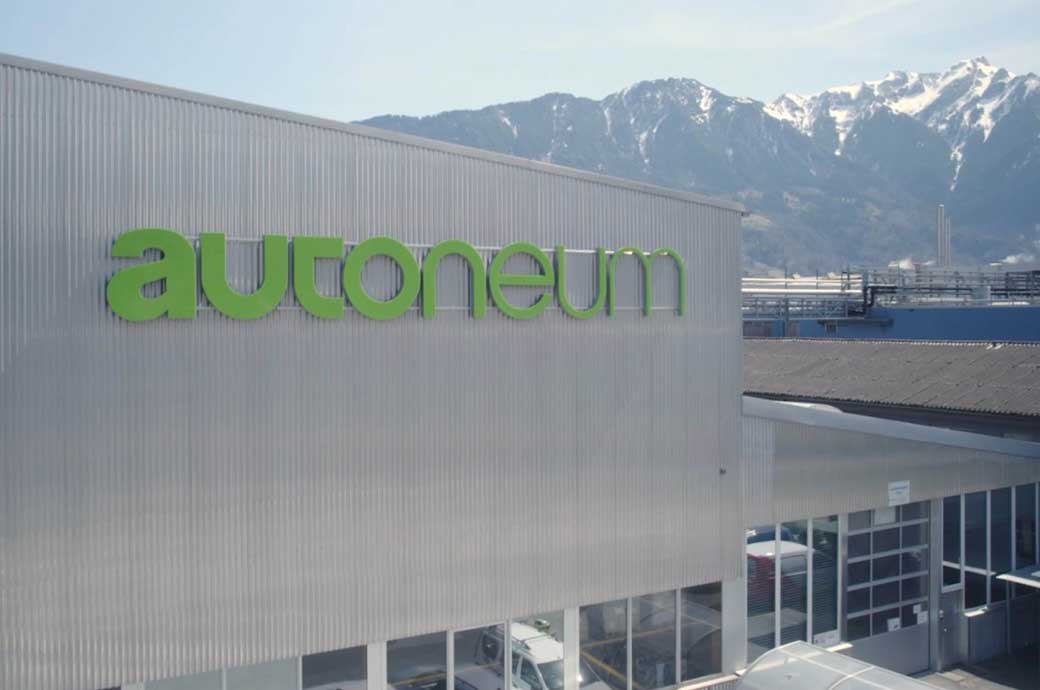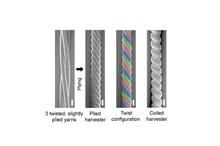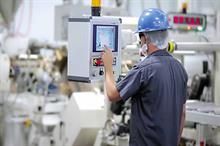
The modernised GMT/LFT-D line introduces a new line control system, including the safety PLC and three 6-axis robots. In addition, various motion sequences of the loading and unloading robots were optimised. Reis robots were retired during the modernisation; however, Autoneum was able to map its processes and comply with all safety requirements with the new robots despite the tight space conditions, Autoneum said in a press release.
Autoneum uses anomaly detection, curve analysis and component history apps on the Evoris platform, which collects all plant data at a central point. As a result, Autoneum gains deep insights into its production processes via powerful trending and condition monitoring tools and various reporting possibilities. The company uses this transparency across the entire plant to accelerate decision-making, improve processes, increase machine availability, boost energy efficiency and optimise maintenance. Autoneum achieves higher production capacity while manufacturing components of the highest quality.
To further optimise production, Autoneum decided to implement the Evoris digitalisation platform. Evoris uses artificial intelligence to make plants faster and more efficient.
"Digitalisation with Evoris is a key to sustainability, energy savings and profitability at Autoneum,” said Autoneum legal unit head and plant manager, Mario-Martin Kolar.
“Dieffenbacher’s approach stands out from the crowd.?They offer the complete package, everything from the platform to sensor technology and plant know-how to technologist knowledge for the entire production line. In addition, Dieffenbacher coordinated the entire integration, and we look forward to their further development of Evoris,” said Christoph Bless, head operational maintenance & repair at Autoneum.
Fibre2Fashion News Desk (GK)

